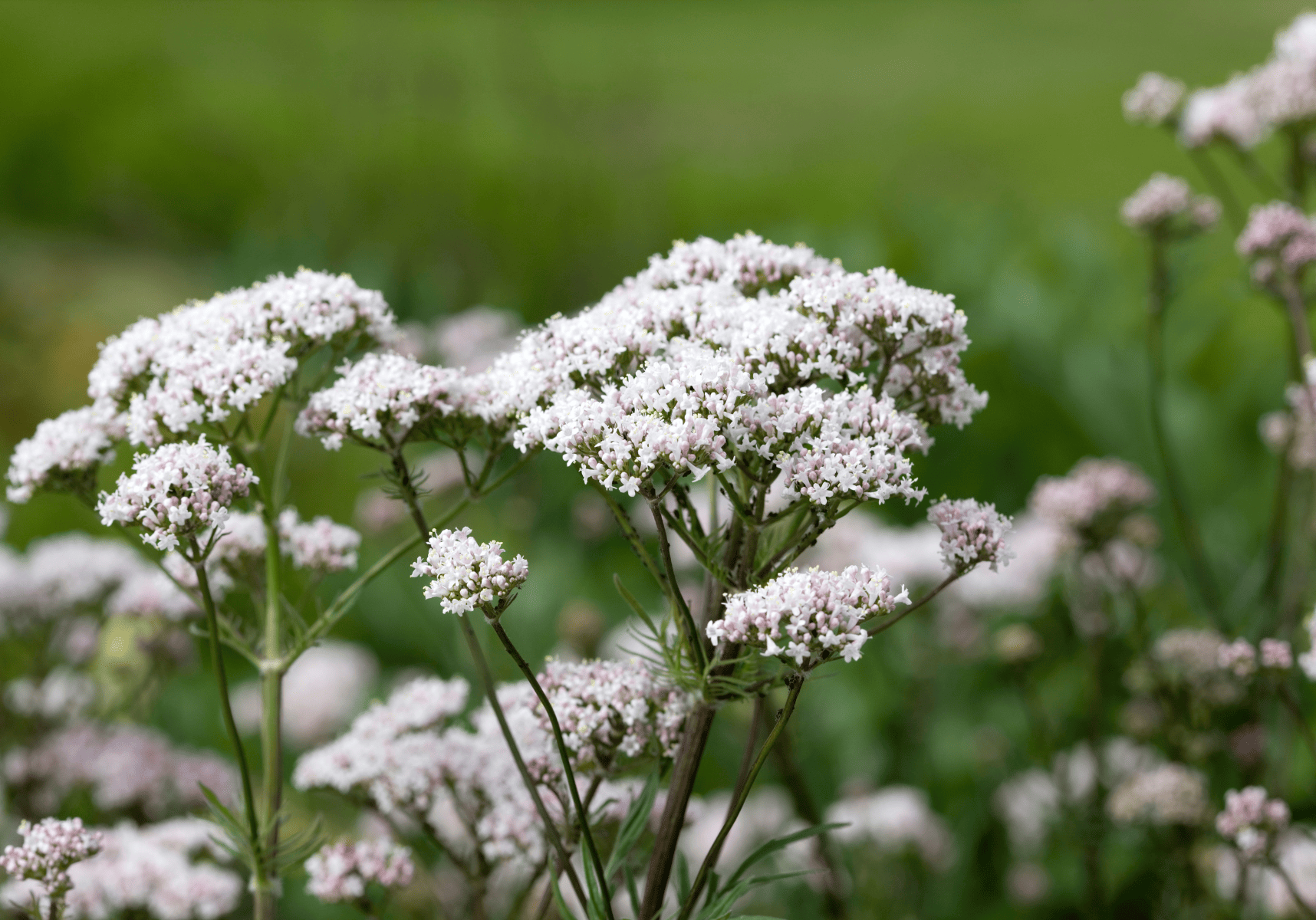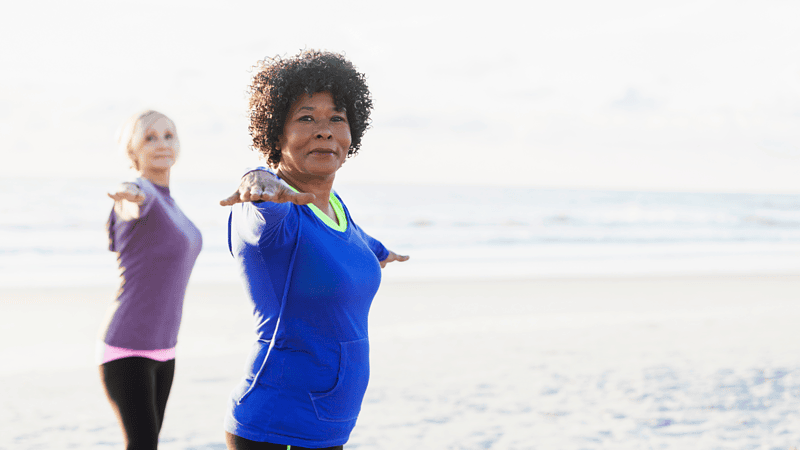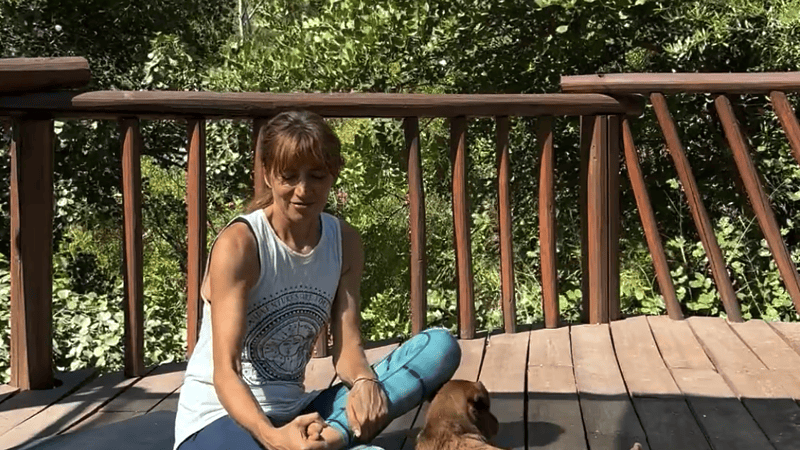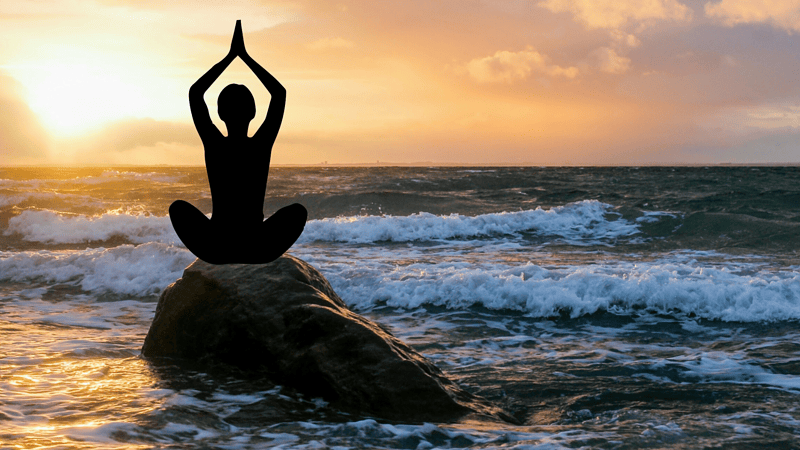
Can Valerian Help with Anxiety?
Exploring Valerian's Soothing Effects - By Siobhan Carroll
Reading time: 4 minutes
Wondering if valerian can help with anxiety? Here I look at how valerian root works to soothe feelings of anxiety.
Valerian can be a helpful herbal medicine for treating generalised anxiety disorder and for easing feelings of anxiety in times of stress.
Can Valerian help with anxiety?
Valerian is a herbal medicine used traditionally for aiding sleep, reducing stress and anxiety and relieving muscle tension, period pain and headaches among many other things.
It was commonly used during World War I for shell shock and nerve strain caused by air raids, and was historically used for treating convulsions, hysteria, epilepsy and most complaints of the nervous system. In this blog, I will look specifically at its use for anxiety and see how valerian can help with anxiety.
What is anxiety?
I feel like it’s so common for us to be dealing with anxiety these days that everyone is familiar with not only the term but also the feeling. But what exactly constitutes anxiety?
It is simply described as a feeling of unease, perhaps fear or worry, and it can range from mild to severe. When put like that, no wonder we are all suffering from anxiety. It is a normal part of the human spectrum of emotions to experience worry or fear in times of uncertainty.
Generalised anxiety disorder, however, is a more persistent disorder that is not connected directly to stressful events. It affects twice as many women as men and “is characterised by feelings of threat, restlessness, irritability, sleep disturbance, and tension, and symptoms such as palpitations, dry mouth, and sweating.”
How does Valerian work?
Valerian calms the nervous system and influences GABA receptors, working centrally at the level of the brain and promoting both emotional and physical relaxation. It appears to be this modulation of GABA-A receptors that produces the anxiolytic, or anti-anxiety, effects of this powerful herb. Valerian also acts as an antispasmodic and by calming the physical tension in the body it can help you relax and feel calmer.
Valerinic acid is thought to be one of the compounds responsible for this effect on GABA receptors. Valerinic acid is a fascinating compound that isn’t found anywhere else in nature: it is unique to the valerian plant! But, as with all herbal medicines, it is not just one phytochemical that brings about the healing effects. Valerian contains at least 17 sesquiterpenes, including valerianic acid. These are all thought to be responsible for the calming effects of valerian.
These sesquiterpenes are a type of essential oil, also called a volatile oil. These are compounds that cause a plant to smell (in valerian’s case, they cause the plant to smell pretty pungent!) and they evaporate easily, filling our noses with their aromatic particles when we smell the plant or the tincture! But these volatile oils can also be significantly diminished in the drying process. For this reason, I always recommend a fresh plant extract of valerian to get the maximum benefits.
How to take Valerian?
Valerian is quite strong tasting so I often recommend taking it in a small amount of juice!
How long does it take for Valerian root to work for anxiety?
Well, it depends, on the person and the situation. Valerian can help fairly immediately for some people dealing with an acute stressor, like an exam, a family gathering, or let’s face it, even a trip to the supermarket these days. For more ongoing stress and anxiety, taking valerian 2-3 times a day over a couple of weeks may more helpful.
What are the side effects of Valerian?
Another great thing about herbal medicines is that they have very few side effects compared to pharmaceuticals. They also have what I like to call side benefits, such as better sleep, reduced muscle tension, and a greater sense of peacefulness.
Unlike many pharmaceuticals used for anxiety, Valerian is not known to be habit-forming and doesn’t leave you with a groggy feeling in the morning.
Some minor side effects can be experienced, including headaches, chest tightness, or abdominal pain.
There have been reports of liver toxicity in a few patients taking valerian, but these people were all taking many other supplements as well as pharmaceuticals in some cases and a link between valerian and liver damage has never been established.
Valerian’s safety has been proven time and time again in the research, particularly in the small doses that are recommended in over-the-counter preparations.
Too hot to handle
Despite all of the benefits, some people do not react well to valerian as a simple, i.e., as a singular herb taken on its own. These are usually people with a lot of heat in their constitution - what we would call Pitta types in Ayurvedic medicine.
For this reason, I usually recommend combining valerian with a cooling nervine like Hops (A.Vogel's Dormeasan Sleep Drops) or Passionflower (A.Vogel's Passiflora Complex Spray ). This allows the formula to be energetically balanced, and these herbs work very well together synergistically.
In summary, can valerian help with anxiety?
Valerian can be a helpful herbal medicine for treating generalised anxiety disorder and for easing feelings of anxiety in times of stress. Especially when combined with herbs like hops or passionflower. By calming the nervous system, through GABA pathways, and by reducing muscle tension valerian can have a holistic effect on the body to decrease anxiety and in turn aid sleep.







